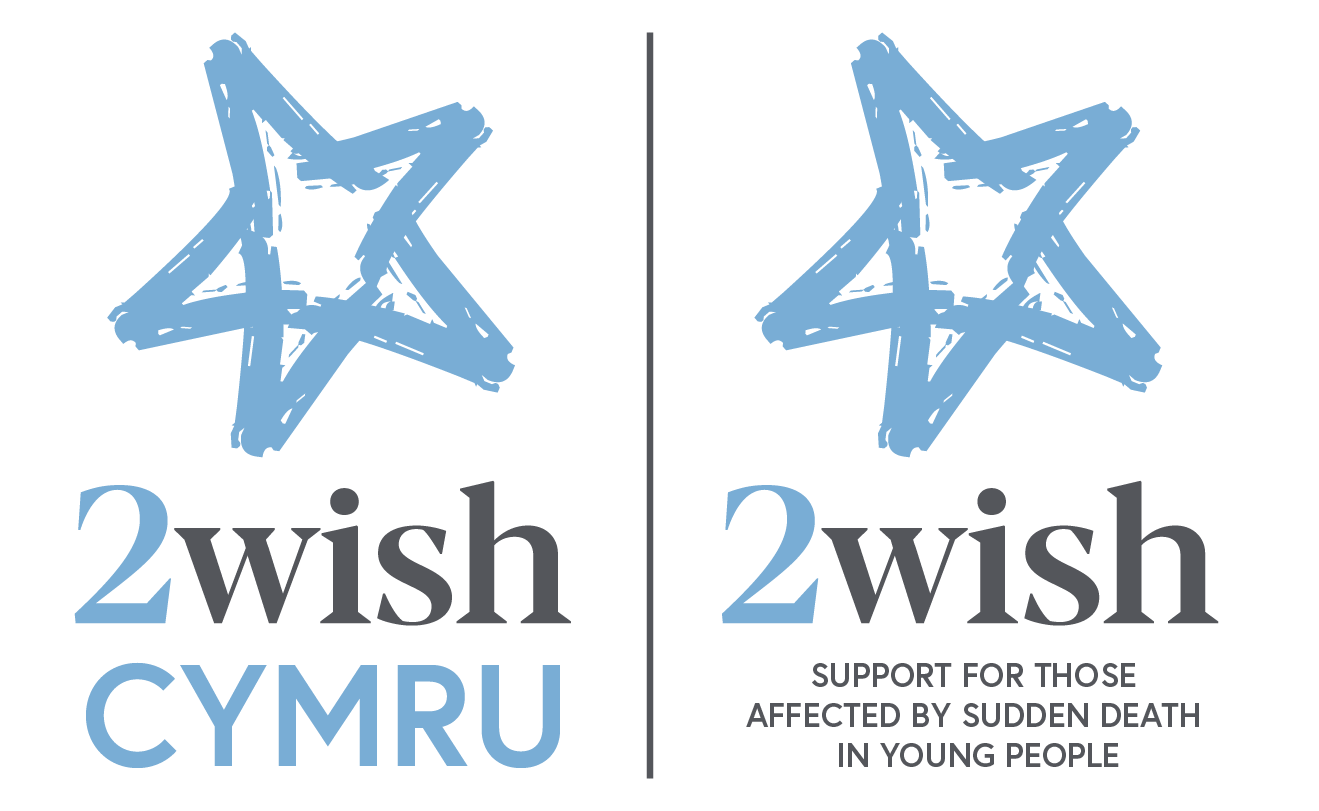
Grief is a universal human experience, yet the way individuals navigate, and process grief can vary significantly based on their unique needs, including if they are neurodiverse. Neurodiversity not only is an umbrella term for a range of different conditions, it is also a concept that recognises and celebrates the natural variations in how individuals think, learn, and process information.
This blog not only explores the intersection of neurodiversity and grief, highlighting the challenges faced by neurodivergent individuals, but also provides ideas that may help you or anyone you love that is neurodivergent and facing a grief journey.
At 2wish, we know that anyone who is neurodivergent may experience grief differently than neurotypical individuals, but it is important to emphasise that this difference does not take away the grief neurodivergent people feel or reduce the need for appropriate support and guidance.
We know that the sensory, communication and processing differences that neurodivergent people experience can result in different ways of expressing grief and different ways of understanding death and mourning. For example, someone with autism may struggle with processing and expressing their emotions, while someone with ADHD may find it difficult to focus on their feelings of loss and work to avoid it in order to cope. For many neurodivergent individuals, sudden and unexpected death can also exacerbate other conditions that they may be facing, such as anxiety, depression and physical symptoms.
In addition, neurodivergent individuals may face unique challenges when grieving, such as difficulty understanding abstract concepts like death, sensory overload in grief-related environments, and challenges in communicating their emotions and needs to others. This is compounded when put alongside expected social norms of grief may as this may not align with the individual’s neurodivergent traits, leading to feelings of isolation and misunderstanding.
We all know that when supporting people who are neurodivergent, it is important to offer personalised support that meets their exact needs. Some of the best strategies include:
All these strategies go to show that by acknowledging someone’s specific needs and diverse ways in which people process grief, we can create a more inclusive and supportive environment for those who may struggle with traditional grief support services and expectations.
At 2wish, we recognise that there is a growing need for grief support services and resources that are inclusive of neurodiversity, alongside a range of other needs. By providing accessible services, we can make sure that every person that is referred to us can get the support they need in a way that is best for them and at a time that is right.
At 2wish, we work with anyone who has been affected by the sudden and unexpected death of a child or young person under the age of 25. Whether you are finding it hard to navigate your grief or want more advice or information about what we do, the 2wish team would love to hear from you.
You can call us on (01443) 853125 or email us at info@2wish.org.uk and we will do our utmost to provide you with the help you are looking for. Reach out today and talk to one of our team.
19 March 2024
Ground Floor,
Unit 7,
Magden park,
Llantrisant
CF72 8XT
